África/Nigeria/25-10-2020/Autor(a) y Fuente: www.dw.com
Unas 56 personas han muerto desde el 8 de octubre en protestas contra la violencia policial, 38 de ellas durante la represión militar de este martes en Lagos, según Amnistía Internacional (AI).
«La cifra se mantiene en 56», confirmó este jueves Isa Sunasi, responsable de medios de AI Nigeria, quien urgió a las fuerzas de seguridad a «actuar con moderación y precaución» y a respetar «el derecho a la libertad de reunión y circulación» de los nigerianos. Entre el total de víctimas mortales se incluyen manifestantes -al menos 12 perdieron la vida este martes en el distrito de Alausa y la estación de peaje de Lekki, en Lagos, donde militares abrieron fuego contra los congregados-, miembros de las fuerzas de seguridad y matones supuestamente contratados por las autoridades, detalló AI.
La violenta represión del martes se produjo dos semanas después del inicio de estas protestas bajo el lema «End SARS» («Acabar con SARS»), siglas por las que se conoce al Escuadrón Especial Antirrobo de la Policía nigeriana -ahora ya disuelta- y acusada de arrestos arbitrarios, torturas y asesinatos extrajudiciales.
«La gente quiere sentirse protegida. Los nigerianos quieren desesperadamente el fin de la brutalidad policial», resumió AI a Efe sobre el sentimiento general en las calles.
Asesinan a joven diseñador de software Okechukwu Obi-Enadhuze
Según informa hoy el periódico local Premium Times, uno de esos matones habría acabado con la vida del joven diseñador de software Okechukwu Obi-Enadhuze, asesinado de una puñalada en su casa, en el estado de Lagos -según relata su hermano y testigo de los hechos- después de que unos desconocidos se infiltraran y saquearan su vivienda.
«Que se sepa que mi hermano no fue asesinado por una bala de la Policía, sino que murió como un héroe protegiéndonos a mi madre y a mí», denunció en Twitter esta madrugada su hermano, Daniel Obi-Enadhuze. «¡(Okechukwu) no fue asesinado por una bala de la Policía, sino por matones en su casa!», reiteró.
Ataques que han terminado en saqueos se han repetido también en las últimas horas contra algunas de las sedes en Lagos de medios de comunicación favorables al Gobierno del presidente nigeriano, Muhammadu Buhari, entre ellos el periódico The Nation o el canal de noticias TVC News.
«Las protestas han sido y deben seguir siendo pacíficas”
«Las protestas han sido pacíficas y deben seguir siendo pacíficas en todo momento», instó Sunasi, cuya organización pide al Gobierno «medidas tangibles y viables» que aseguren a los nigerianos que «la Policía ya no los torturará o matará». Por su parte, el gobernador estatal de Lagos, Babjide Sanwo-Olu, anunció hoy a la televisión local Arise TV que el Ejército había ofrecido desplegarse en el estado para proteger de los disturbios a establecimientos comerciales y gubernamentales, pero no matizó si finalmente se va a producir esa movilización.
Sanwo-Olu adelantó que el toque de queda que rige desde el martes en el estado para contener las protestas podría suavizarse mañana, como muy pronto, con el fin de permitir a los residentes de Lagos comprar alimentos y otros artículos de primera necesidad. «Una vez que veamos que las calles están despejadas y que toda la agitación y los nervios han disminuido, podríamos ralentizar el toque de queda para mañana (viernes) o el día siguiente (sábado) a más tardar», dijo el gobernador.
Mientras se vive una calma precaria en Lagos, el vicepresidente de Nigeria, Yemi Osinbajo, prometió justicia para las víctimas que recibieron disparos durante las protesta del martes.
«El dolor por estos terribles hechos es palpable en nuestros pueblos y ciudades, y algunas pérdidas son insustituibles, pero podemos y obtendremos justicia para todos ellos», aseguró Osinbajo en su cuenta de Twitter, tras la ola de repulsa internacional que ha generado la dura represión de las manifestaciones.
Condena internacional
Este jueves se han sumado nuevas voces de condena ante la creciente crisis social que atañe a la nación más populosa de África, con más de 195 millones de personas -la mitad de ellas menor de 18 años- hastiadas de la alta tasa de desempleo, la corrupción y la creciente inseguridad, sobre todo, en el norte del país.
El presidente de la Comisión de la Unión Africana (UA), Moussa Faki, condenó hoy «enérgicamente» la violencia contra los manifestantes e instó a los «actores políticos y sociales» a «respetar los derechos humanos y el Estado de derecho».
Además, la UA, tras haber sido acusada de guardar silencio por grupos pro derechos humanos, alabó la disolución del Escuadrón Especial Antirrobo (SARS) y pidió que los responsables de actos violentos rindan cuentas ante la Justicia. A su vez, la secretaria general de la Commonwealth (Mancomunidad Británica de Naciones), Patricia Scotland, condenó en un comunicado la violencia en Nigeria y subrayó que los culpables de haber cometido tales «actos cobardes» deberán rendir cuentas.
Exigen retiro de soldados de las calles
La indignación se ha extendido también por la rica esfera cultural de Nigeria, con voces tan sonadas como la de la escritora Chimamanda Ngozi Adichie o la del Nobel de Literatura Wole Soyinka, pronunciándose al respecto en sendas columnas de opinión. «Este movimiento exigió el fin de la brutalidad por parte de todos los cuerpos de seguridad del Estado, centrándose en la notoria unidad conocida como SARS», recapituló Soyinka en un texto publicado anoche titulado «Déjà vu», al exigir la retirada de soldados movilizados en las calles para dispersar las protestas.
«Pero, por supuesto, el SARS simplemente representaba el carácter parasitario de la gobernanza en sí misma y de todas sus ramificaciones», añadió el prestigioso intelectual sobre un movimiento muy vivo respaldado por abogados, grupos feministas, tecnócratas, estudiantes y artistas nigerianos.
jov (efe, the-star.co.ke)
Fuente e Imagen: https://www.dw.com/es/decenas-de-muertos-en-protestas-civiles-contra-la-violencia-policial-en-nigeria/a-55359509


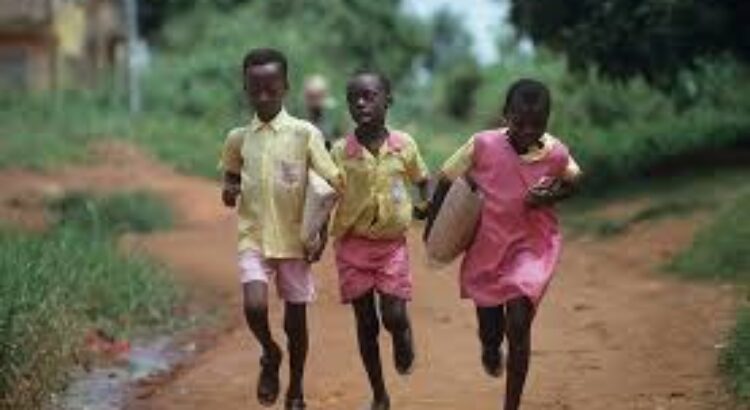
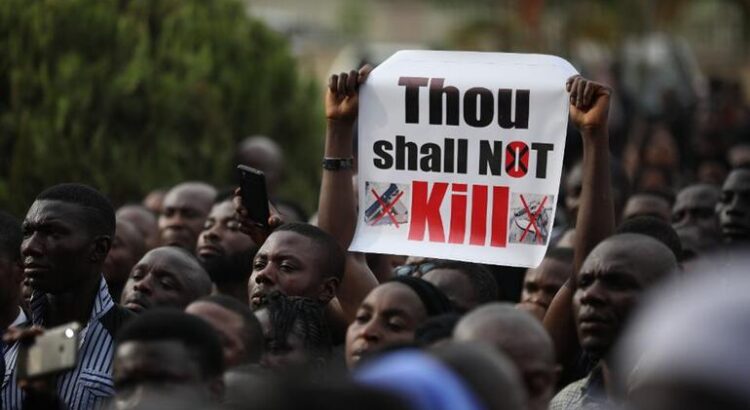

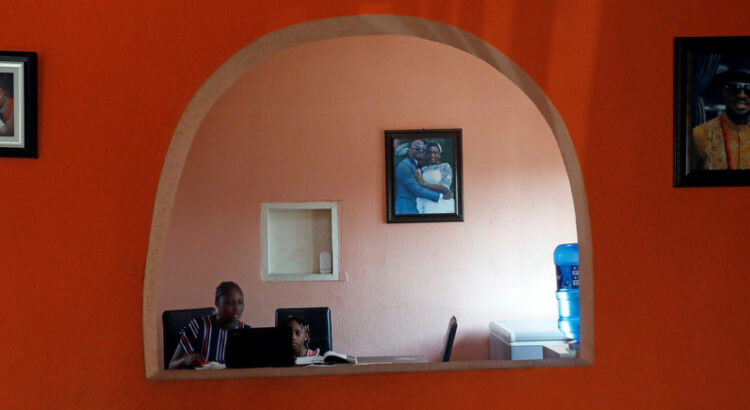

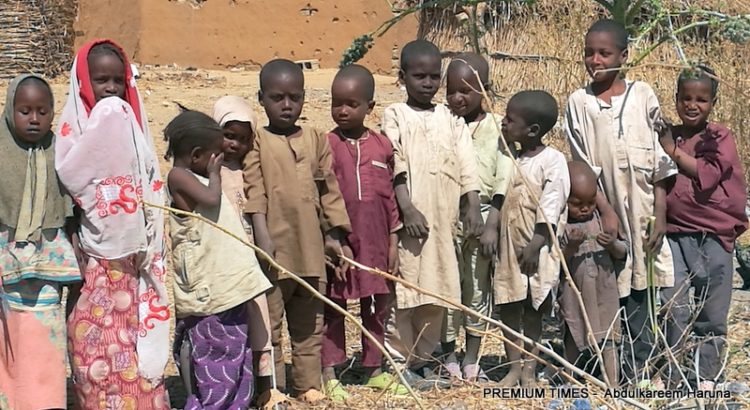
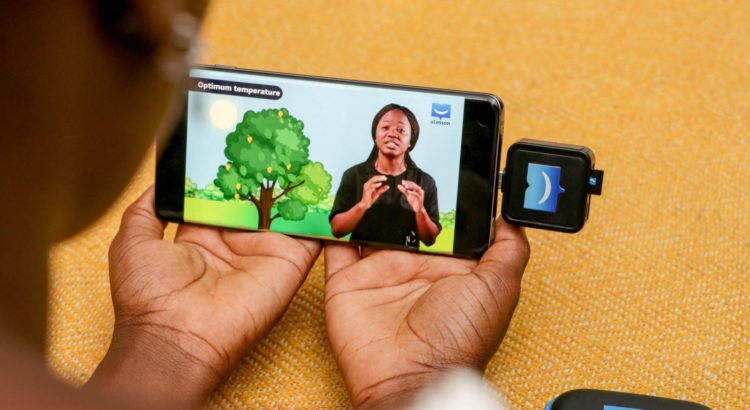








 Users Today : 70
Users Today : 70 Total Users : 35460201
Total Users : 35460201 Views Today : 99
Views Today : 99 Total views : 3418882
Total views : 3418882